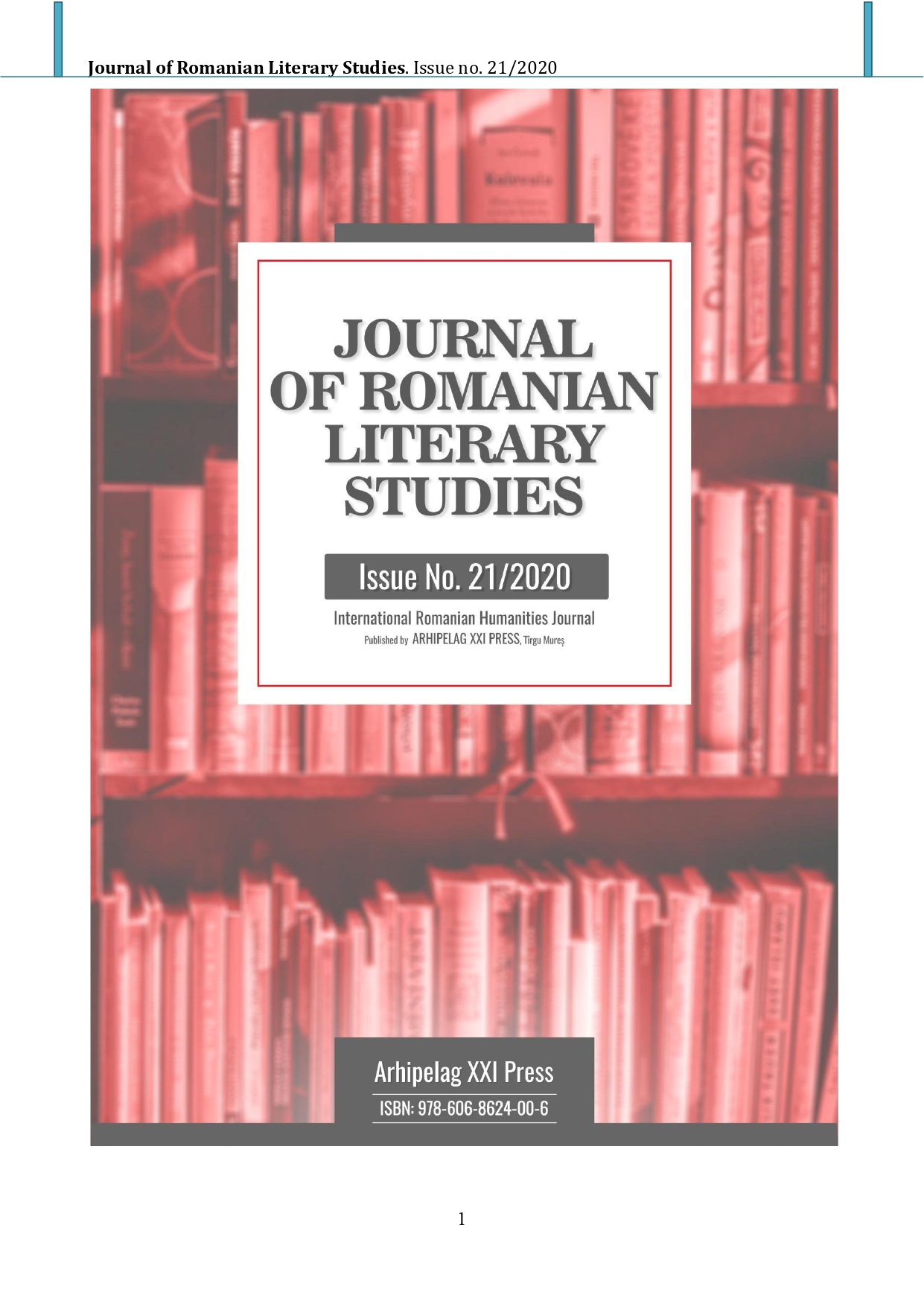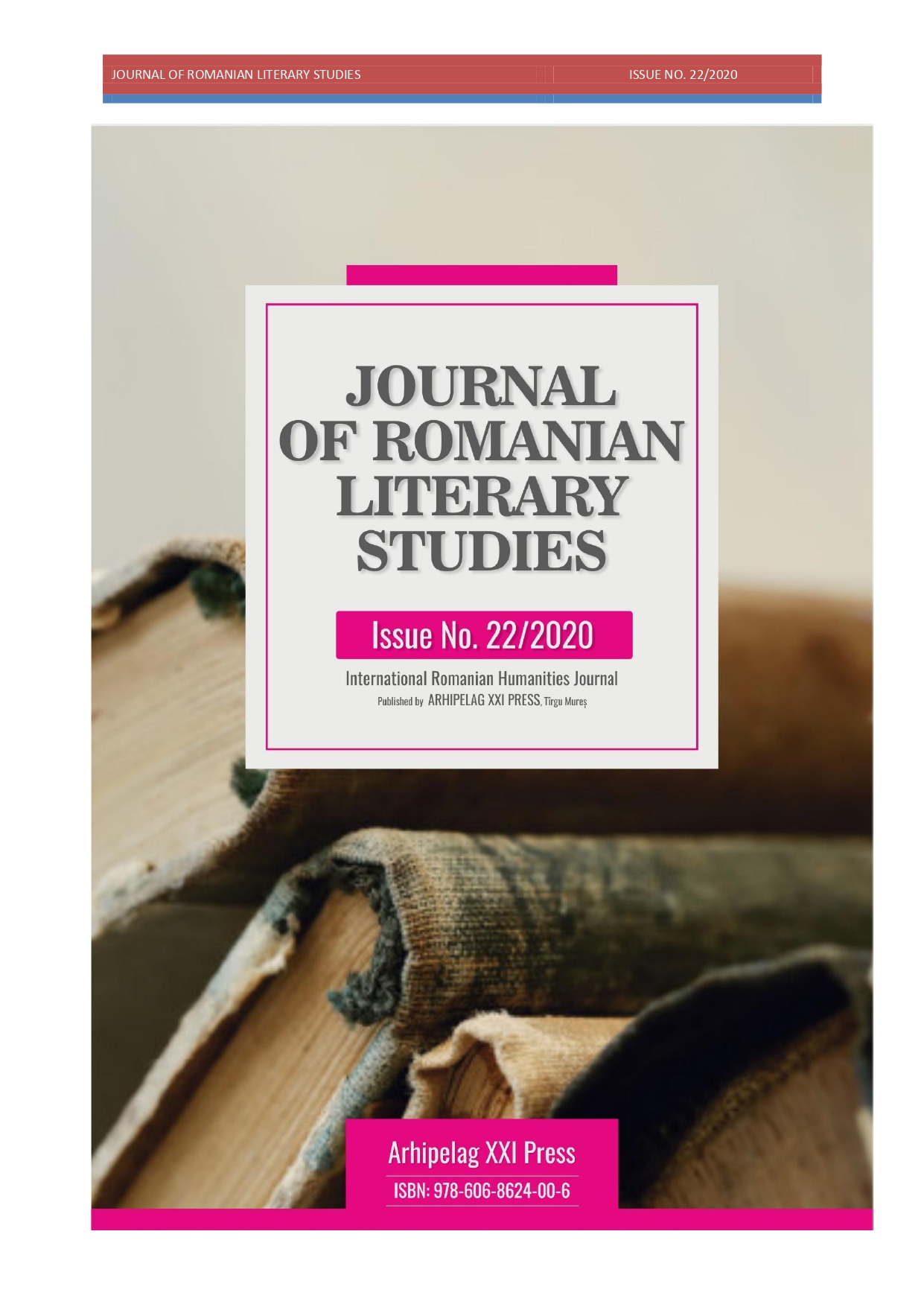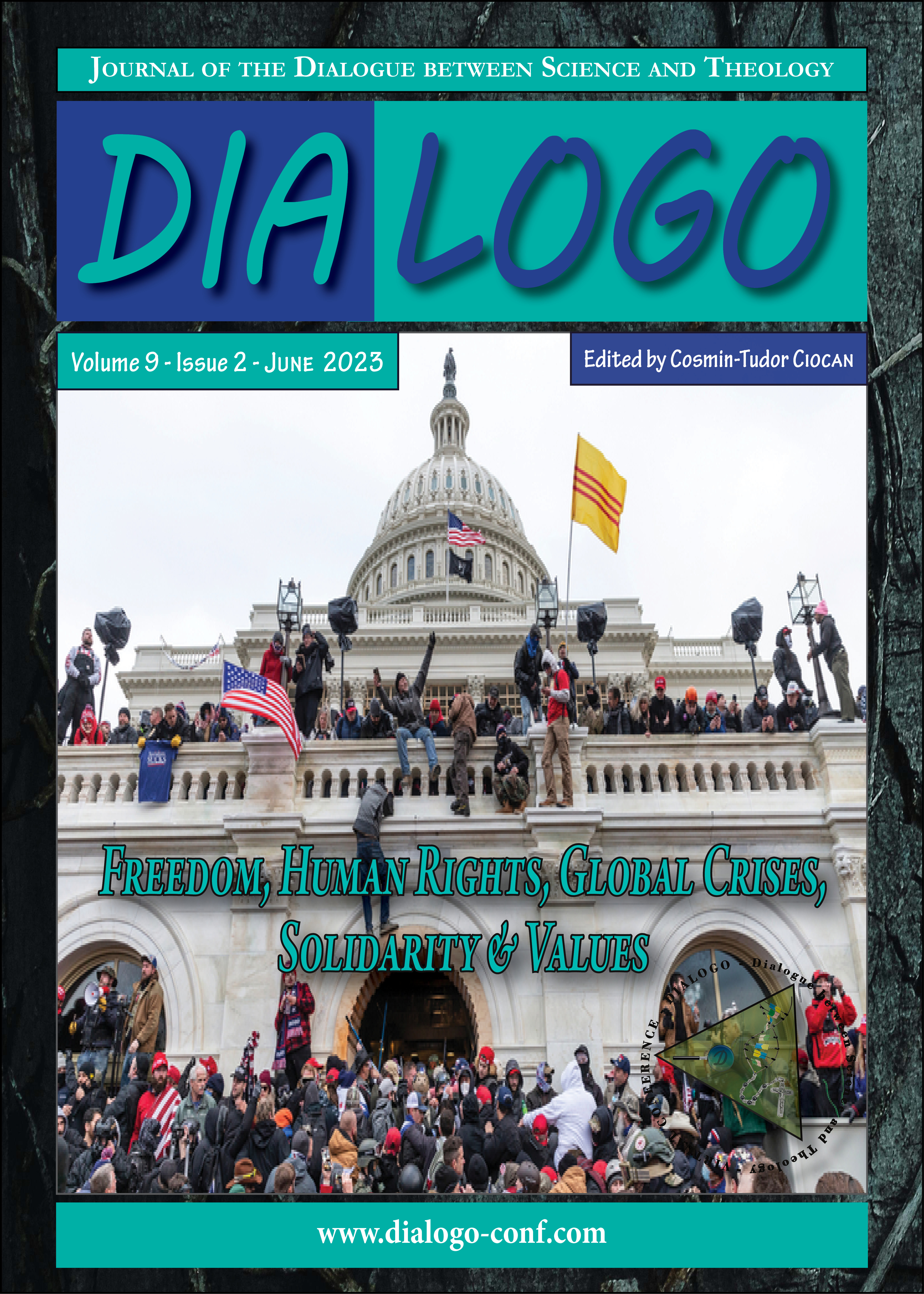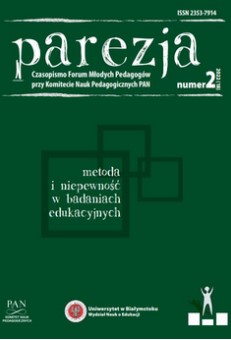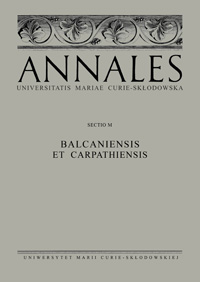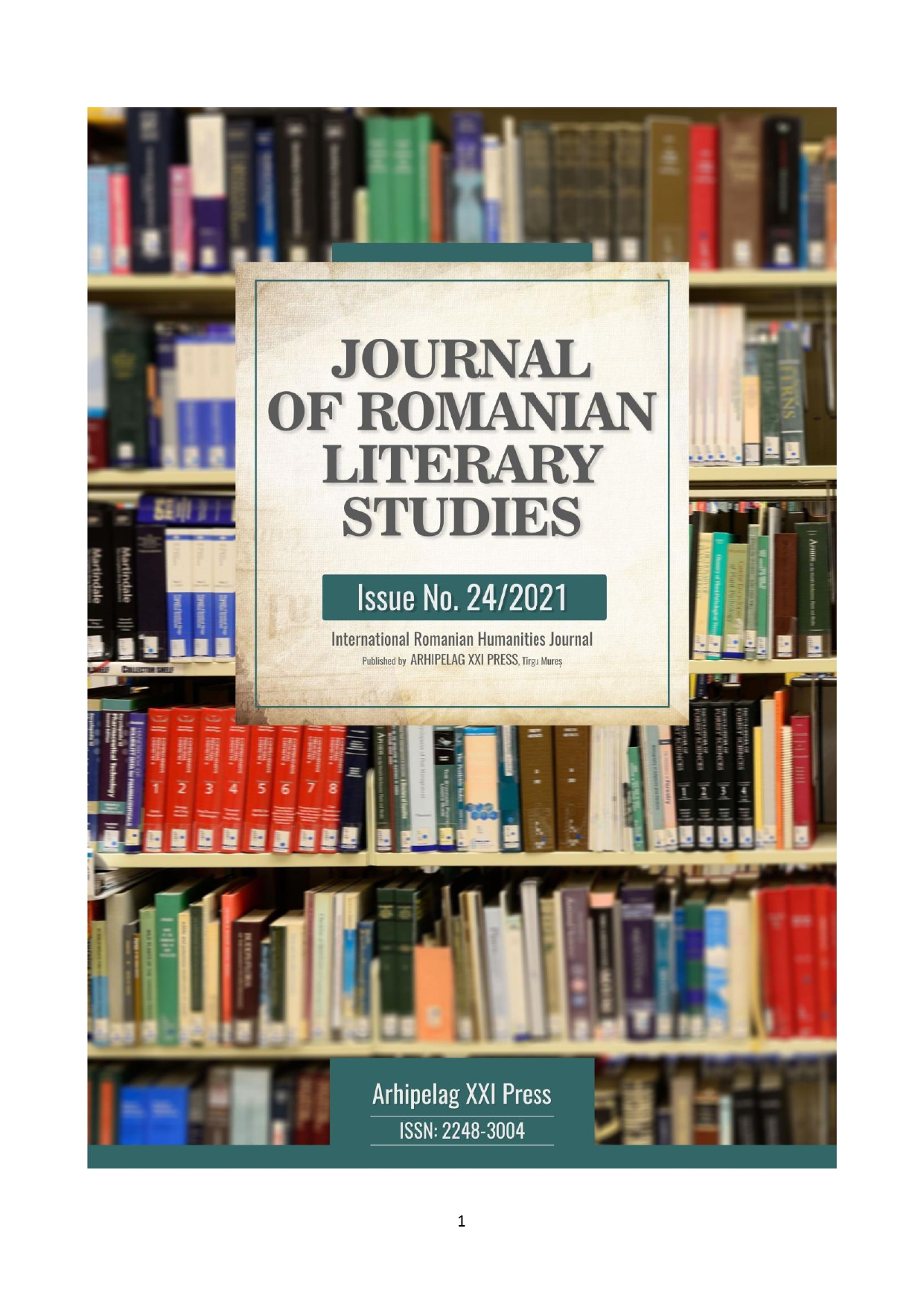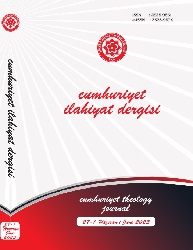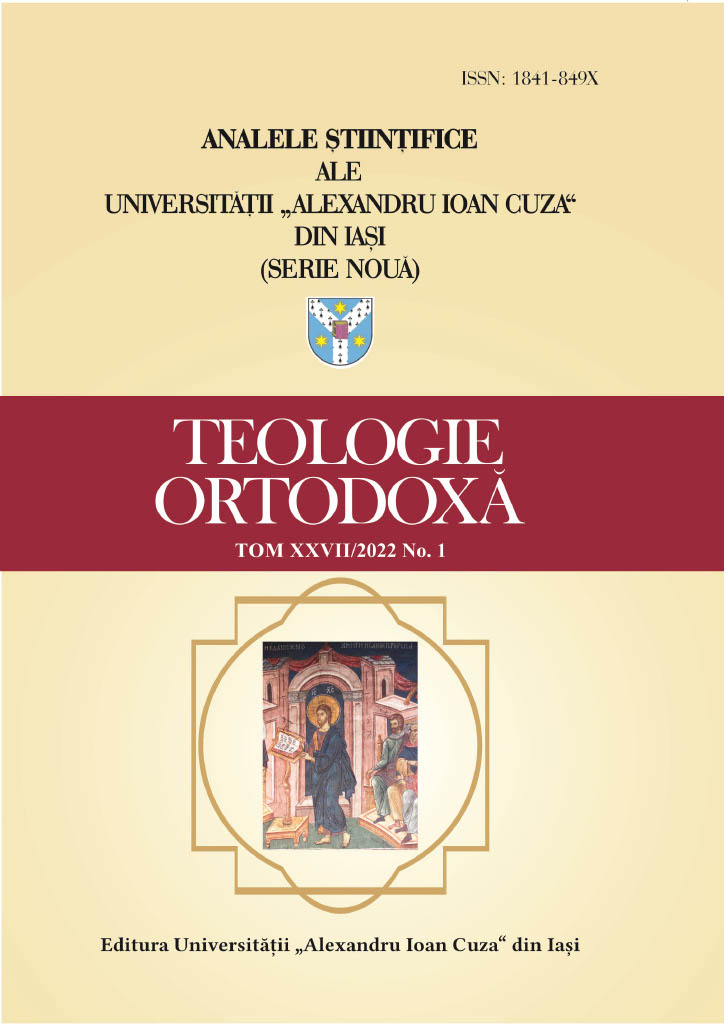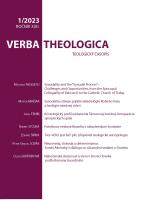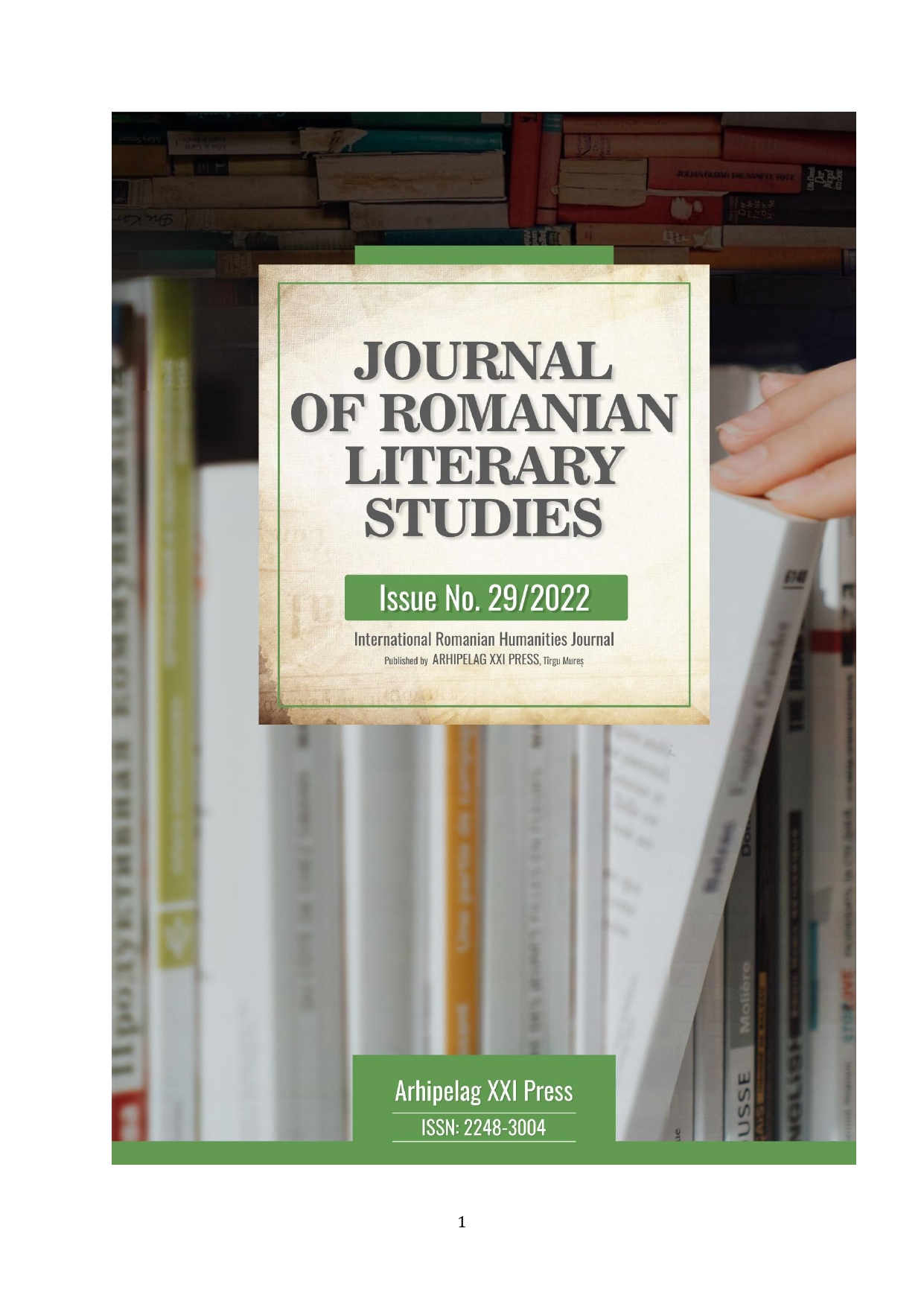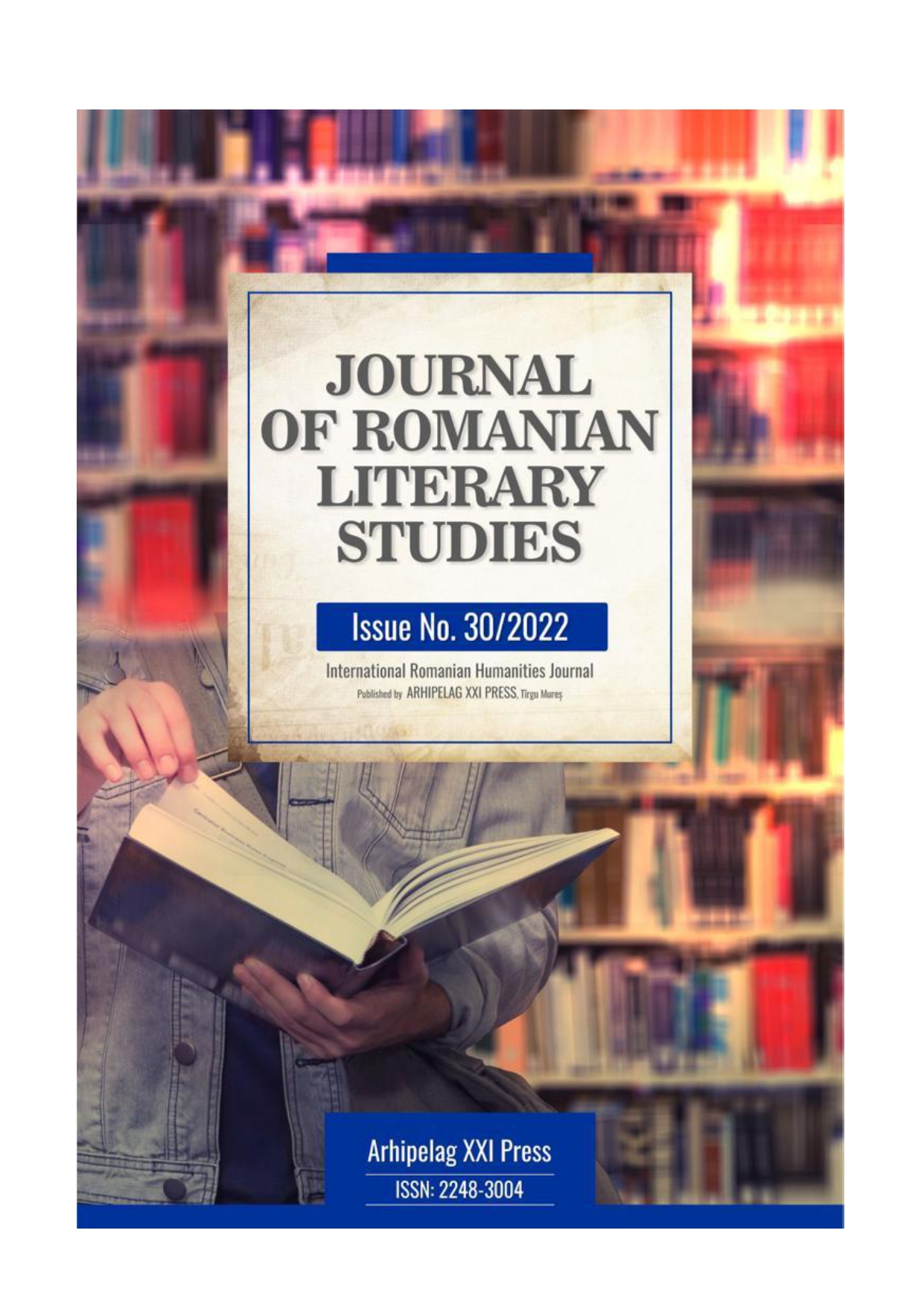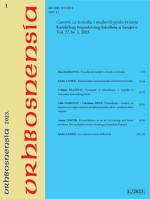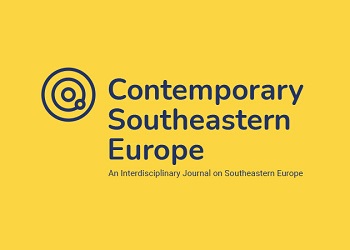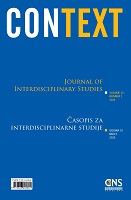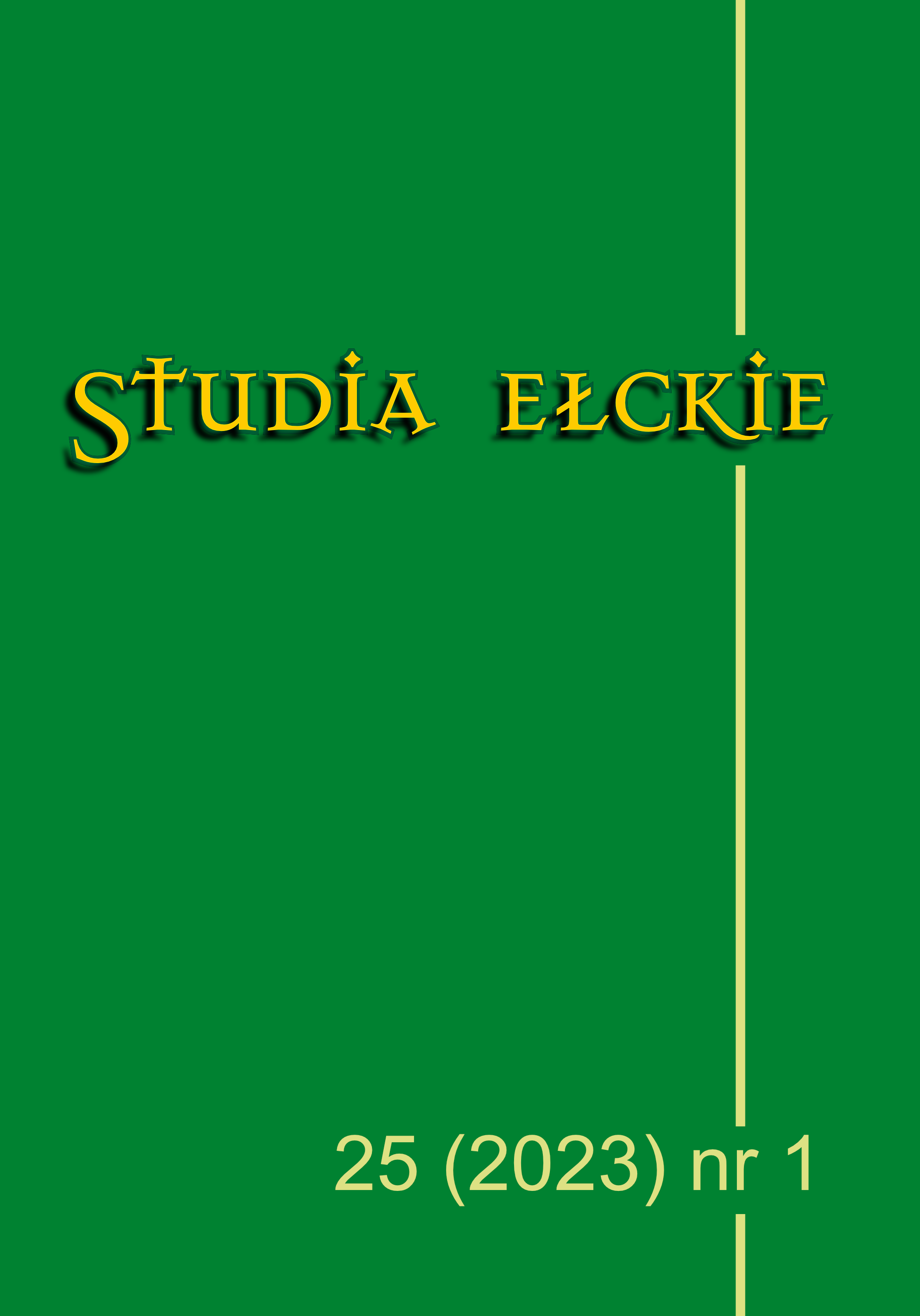Author(s): Meryem Şahin,Büşra Kılıç Ahmedi,Mücahit Gültekin / Language(s): Turkish
Issue: 1/2023
Religiosity has a significant impact on individual's life and can direct his or her feelings, thoughts, and behaviors. In this respect, one of the topics that have been examined in relation to religious orientation is "cognition". Besides, as it is seen studies on thinking styles in Muslim samples are quite limited. Critical thinking, which is one of the most desired skills, is generally considered as making analytical, evaluative, and conscious judgments in order to decide what to do and what to believe. Dichotomous thinking, on the other hand, is a generalizing, polarizing way of thinking that divides events, phenomena, or situations into "all or nothing", "right or wrong", and "good or bad". The studies show that religious beliefs and institutions affect the process of acquiring knowledge, and religiosity seems to be related to dichotomous thinking, which is also considered as a dogmatic trait. However, associating cognitive categories with positive and negative variables is controversial. This study examined the relationship between religious motivation and an individual's way of thinking. It aims to understand the relationship between religious motivation and the variables of critical thinking and dichotomous thinking. The sample of this quantitatively designed study consists of 365 students studying in various departments of Afyon Kocatepe University. The data were obtained by using socio-demographic information form, Intrinsic Religious Motivation Scale, Critical Thinking Disposition Scale, and Dichotomous Thinking Scale. The data were analyzed with SPSS 28 program, Pearson correlation analysis, and simple linear regression analysis were used to determine the direction and degree of the relationship between continuous variables. Hayes' SPSS compatible PROCESS macro was used to analyze the mediator effect between the variables. In the study, a low level significant relationship (r = ,15, p <.01) was found between intrinsic religious motivation and dichotomous thinking, a low level significant relationship (r = ,14, p <.01) was found between intrinsic religious motivation and critical thinking disposition, and a low level significant relationship (r = ,14, p <.01) was found between dichotomous thinking and critical thinking disposition. In the literature, critical thinking and dichotomous thinking are interpreted as opposite constructs, and a negative correlation is expected between them. However, in our study, a significant positive correlation was found between these two variables. Therefore, the study tried to understand whether religiosity plays a role in the relationship between dichotomous thinking and critical thinking, and it was found that religiosity has a mediating role in this relationship (γ=.0116; SE=.0069; 95% CI [.0011; ,0276]). In other words, the effect of dichotomous thinking on critical thinking disposition decreased with the inclusion of intrinsic religious motivation in the model. There are different findings in the literature about the relationship between critical thinking disposition and religious orientation. This situation points to the importance of different types of religiosity and individual differences in religiosity. The Islamic faith motivates individuals to think and question; there are invitations to reason and think in the Qur'an. Based on the findings of the study, it is possible to interpret that the Islamic belief system encourages individuals to think critically. Again, when Islamic beliefs are evaluated, it can be argued that there are structures suitable for dichotomous thinking. The binaries such as heaven and hell, good and evil, angel and devil, world and afterlife, east and west, light and darkness, faith and unbelief exist both in the Qur'an, the main source of Islam, and in the texts interpreting it. In this respect, the relationship between dichotomous thinking and intrinsic religious motivation found in the research findings is an expected relationship. Another finding of the study is that there is a significant positive relationship between dichotomous thinking and critical thinking and that religiosity has a mediating role in this relationship. This finding can be considered as the unique role of intrinsic religious motivation, especially religiosity shaped by Islamic faith, on cognitive styles. It can be said that Islamic faith creates a predisposition to both thinking skills related to critical thinking such as open-mindedness, evaluating the situation from different perspectives, delaying judgment, desire to seek the truth, disposition to seek evidence, and dichotomous thinking style, which is generalizing and polarizing. Based on this information, it can be argued that believers who grow up in socio-cultural contexts shaped by the Islamic faith will have a conceptual preparation for dichotomous and critical thinking. As it is understood from the finding that intrinsic religious motivation plays a mediating role in the relationship between dichotomous thinking and critical thinking, it is possible to interpret that intrinsic religious motivation has advantages such as quick decision-making and categorizing information in accordance with dichotomous thinking, and at the same time, it protects from the rigidity of dichotomous thinking by supporting critical thinking disposition.
More...
